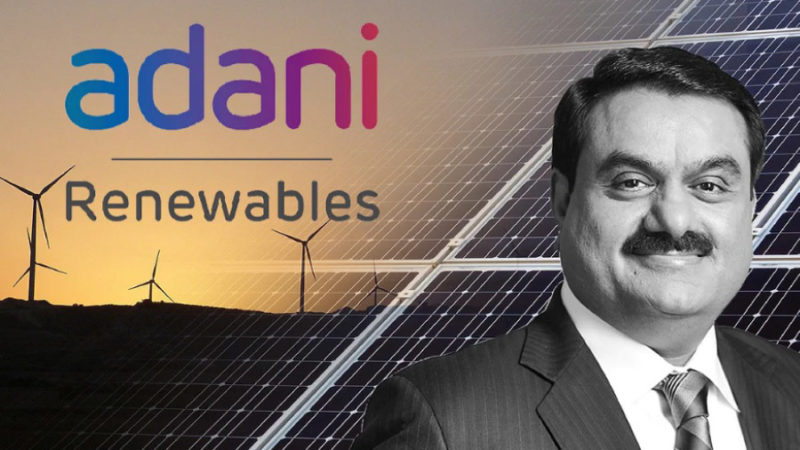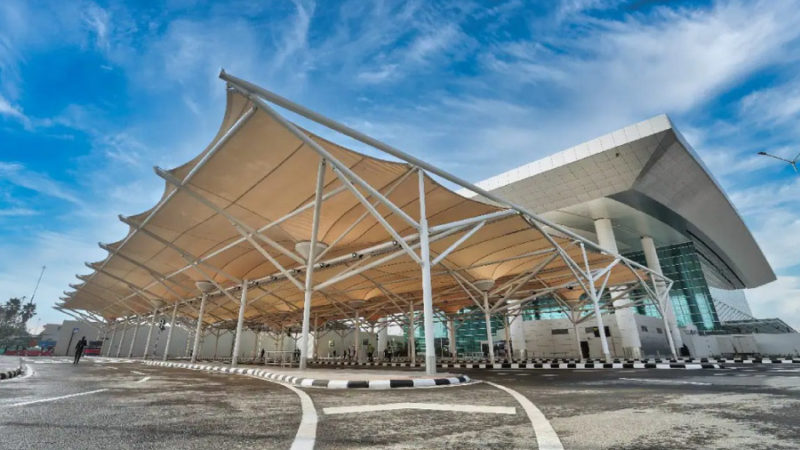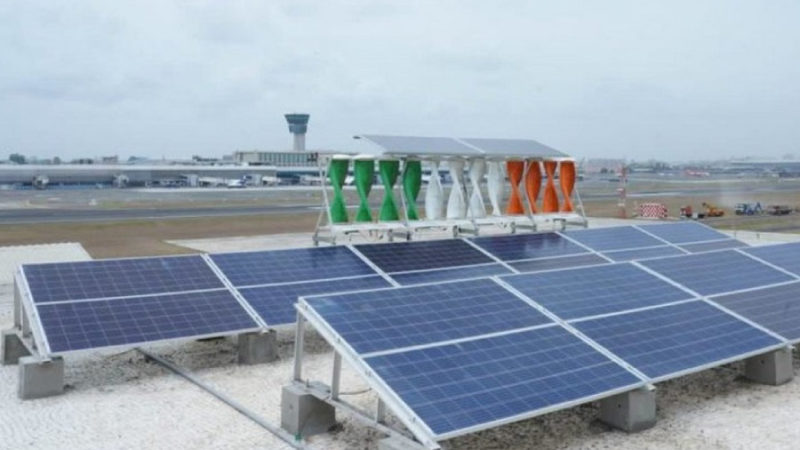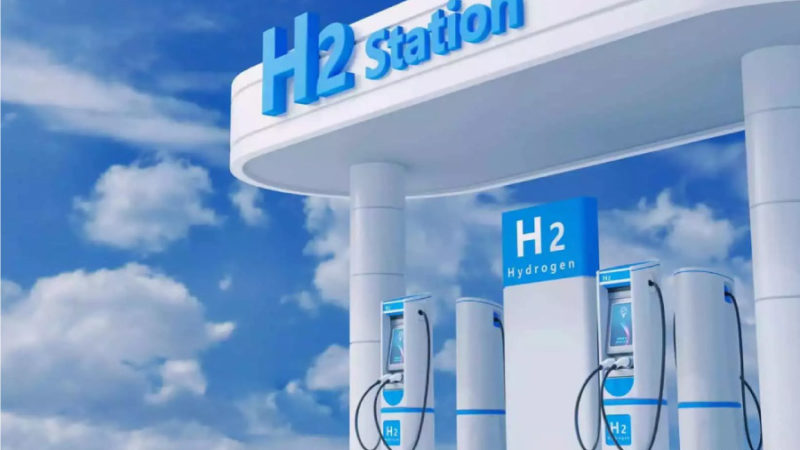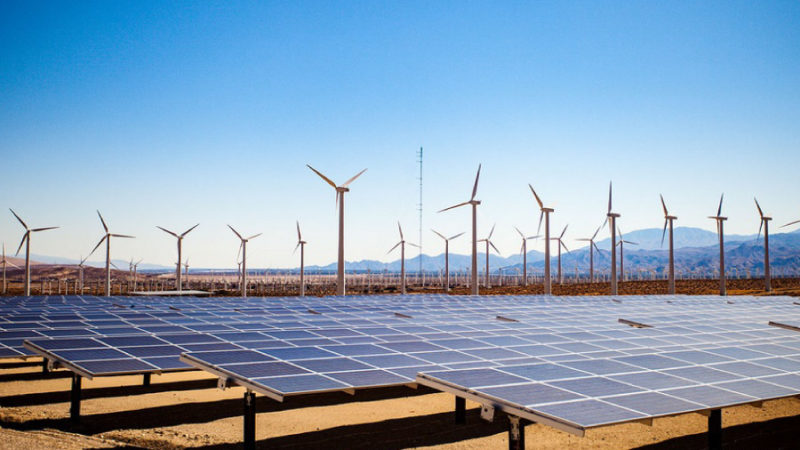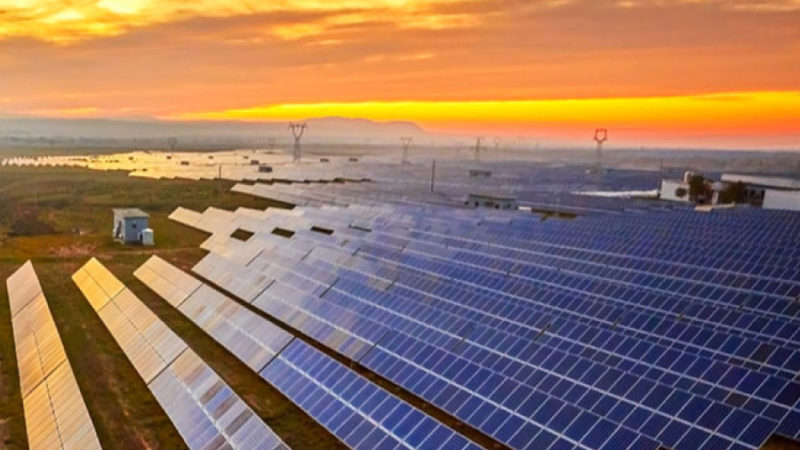Govt. may allow power utilities to take bigger risks for green energy plans
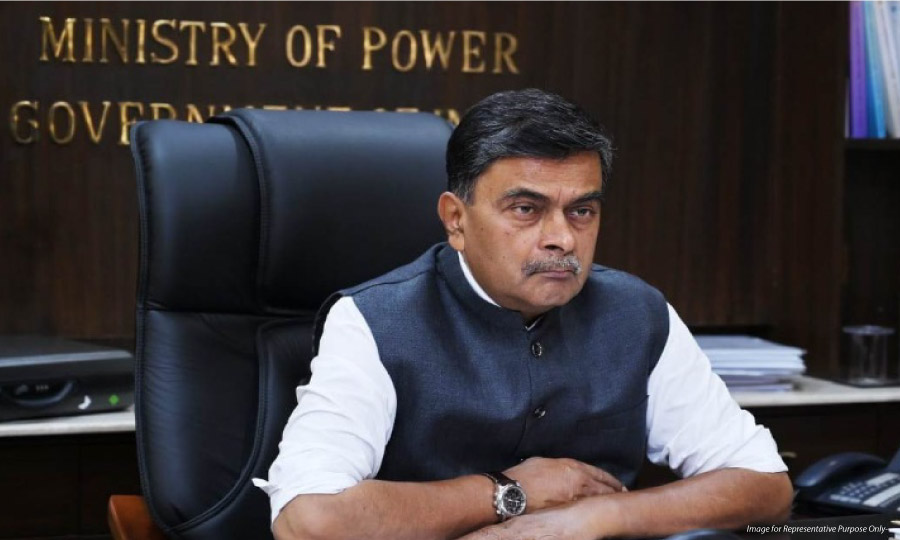
The power ministry is going to submit a request to the finance ministry to lower the hurdle IRR (internal rate of return) for green energy investments by power firms from 10% to 8%.
It is being discussed by the government to allow Central Power companies to take on a larger financial risk for renewable energy projects. The power ministry is planning to discuss with the finance ministry the proposal of lowering the hurdle IRR (internal rate of return) for green energy investments by central power utility companies from 10% to 8%.
These companies would be eager to invest in more green energy projects with a lower IRR. Currently, they are often unable to invest in projects with an IRR of less than 10%.
R. K. Singh made the decision at a meeting he had with officials from public sector power utilities last week.
A key element of India’s ambitious plan to achieve a low-carbon future is the addition of renewable energy capacity, and this decision is predicted to accelerate the process.
Additionally, at the meeting, the power utilities were granted in-principle approval to bid for predetermined renewable energy capacities each year. It will help them plan for green capacity in a more clear way. For each company, the strength of the balance sheet will determine its capacity for in-principle approval.
Central power producers were also allowed to bundle renewable energy projects and new or untied/high-tariff hydroelectric projects. This will lower the overall cost of power from high-tariff hydroelectric projects by leveraging cheaper solar and wind energy supplies.
Under the flexibility scheme, which is part of the ministry’s flexibility policy, the ministry will also look into waiving transmission charges for renewable energy capacity. PPAs (power purchase agreements) will not be required for renewable power projects developed under the scheme.
For the implementation of the bundling scheme and for the establishment of renewable energy facilities on the power company’s land, different guidelines will be developed under Section 63 of the Electricity Act of 2003.
Solar power park developers and individual promoters will be allowed to participate in a tariff-based competitive bidding process, and a separate policy will be formed for floating solar projects.
Connect with Power Insight: Facebook | LinkedIn | Twitter


